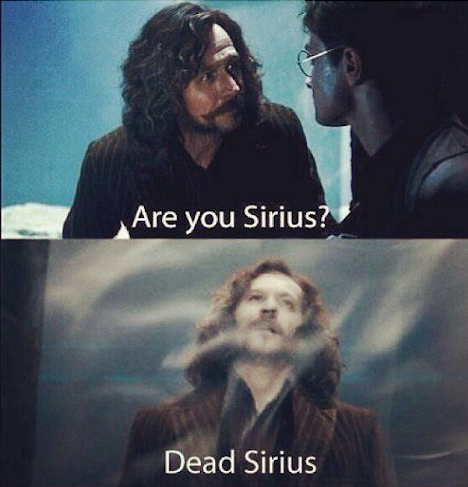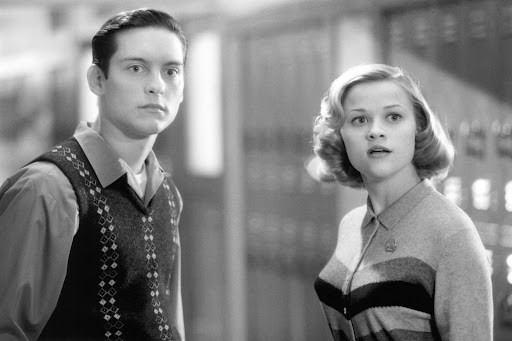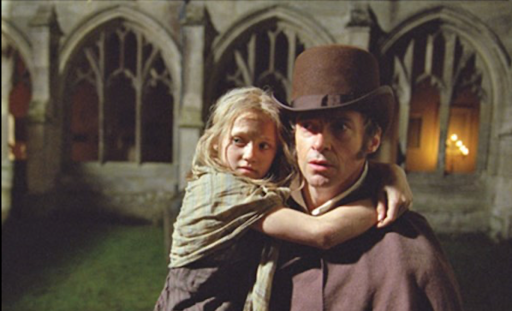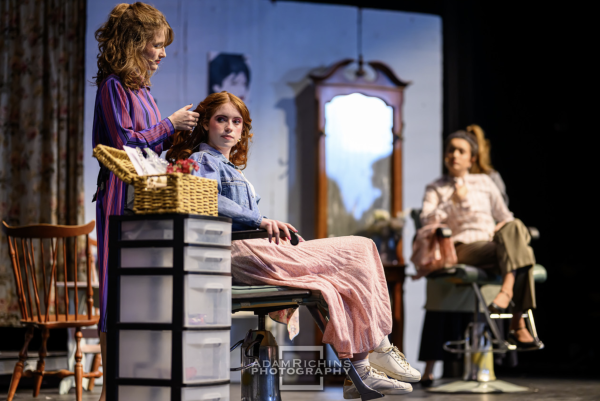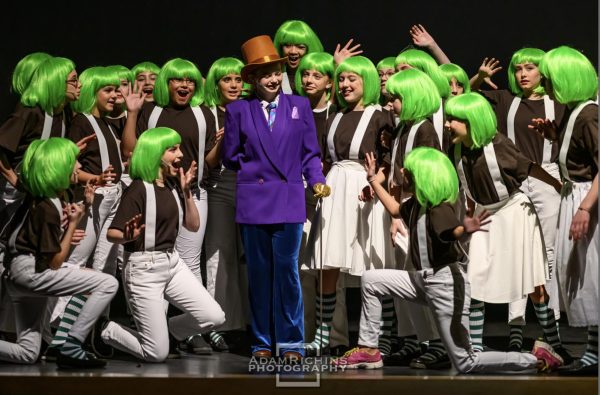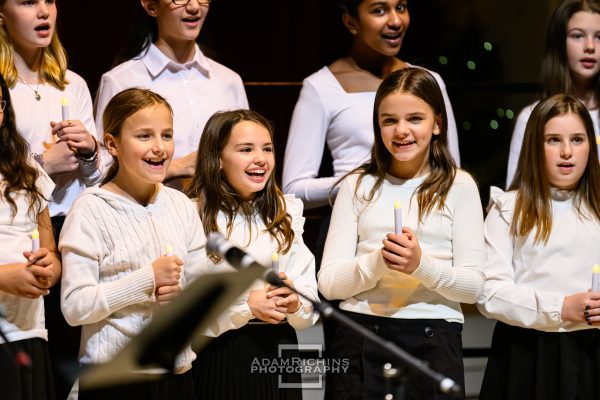Theatre Kids and Plato’s Republic
If you walk into any school play rehearsal, you will notice one thing right away. Lots of snacks. But then you’ll notice that everyone has a different reason for being there. The diversity of motives classify each person as a different type of theatre kid.
There are three types of theatre kids. No, don’t protest by citing uniqueness as a counterclaim. Despite the diversity of the individual students, they all fall into one of three categories as far as their reasons for being here go. They are either here for the fun, here for the fame, or here for the forever.
For Capstone class, we studied Plato’s concept of the three-part soul. Our assignment? To create an analogy that illustrates the three-part soul. In his book Republic, Plato explains that our soul has a rational part, a spirited part, and an appetitive part. I connected the soul to a very simplified depiction of middle and high school theatre kids.
Firstly, the Fun. The Fun-hearted correspond with the appetitive part of the soul. Socrates says this part of the soul is “the largest part in each person’s soul and is by nature most insatiable for money” (Plato IV.442.a). Similarly, the theatre kids who are there for the fun make up the largest component of the crowd. They are “most insatiable” for the physical enjoyment of participating in the show. Either they thought theatre would be less physically demanding than a sport (it’s not), they have some budding interest in the activity itself, or they are there strictly for the social time. They may find themselves disappointed when they are asked to go on stage to sing or speak or dance, because it will mean they can no longer chat or explore social media. Often, these are very talented performers. They just vary in their degrees of motivation to dive into the art of theatre itself. But here’s the thing: the show could never run without the ones who know how to take a step back from the performance and remind everyone that there are more important things in life. The majority of students caring about more than just their moment on stage helps the production’s community grow strong, especially when such a community includes the…
Fame-focused. These kids represent the spirited part of the soul. Socrates says of the spirited part: “Won’t it endure hunger, cold, and the like and keep on til it is victorious, not ceasing from noble actions until it either wins, dies, or calms down…?” (Plato IV.440.d). Rest assured that these Fame-focused folk do not calm down. They take stock of the numbers in the audience, they read the school paper’s review of the show and scan it for their name, they practice their songs and lines for any classmates who will listen, not necessarily to improve but to be heard. The thing is, the rest of the show needs these students, because they never fail to make the show spectacular. They fuel the engine of enthusiasm for the whole cast and crew. No one lets the choreography lag while these performers are putting their arms, legs, and left hand ring fingers into it.
But of course, there are those select few who are in the theatre for a lifetime. These are the Forever-minded. They know that theatre is their first, last, only love. At early rehearsals when the cast first encounters scripts and characters, through the stressful crammed later rehearsals, and in the wave of group-wide exhilaration at showtime, they maintain the wise perspective on the show. Socrates says the rational part of the soul “has within it the knowledge of what is advantageous for each part and for the whole soul, which is the community of all three parts.” Likewise, the Forever-minded look out for the good of the show and the people in it. They foster authentic relationships with each individual and value the skills of each cast, crew and tech member. They take criticism well, trusting that they put on their best performance when they adapt to the notes of the director. And of course, they keep their eye on why people even bother to make theatre anyway — to tell a story that reaches the audience’s hearts and minds. Like the Fame-focused are willing to sacrifice their appetites to perform, the Forever minded sacrifice their moment on stage whenever it will help the masterpiece of the show. They would be truly disappointed to get a demanding role if they believed someone else could do it better, because they know it will deteriorate the performance as a whole. The Forever-minded are the unofficial leaders of the cast, and the other two types of theatre kids would be lost without their steady concern for the show and command of the stage.
In a school’s show rehearsal, if you observe very closely, you will see these three desires
spread amongst all the students. Those who want to act for the rest of their lives will have days when they — dare I say it — just want to go home. You’ll see those who normally live for their solo give it up when they see that the show will improve without it. And by tech week, you’ll see the vast majority of the cast, including those who were just there for the fuzzy blanket waiting backstage, ready to put on a masterpiece of a show that will touch every heart in the audience.
Anna Sheehan ‘21, Faith Editor





